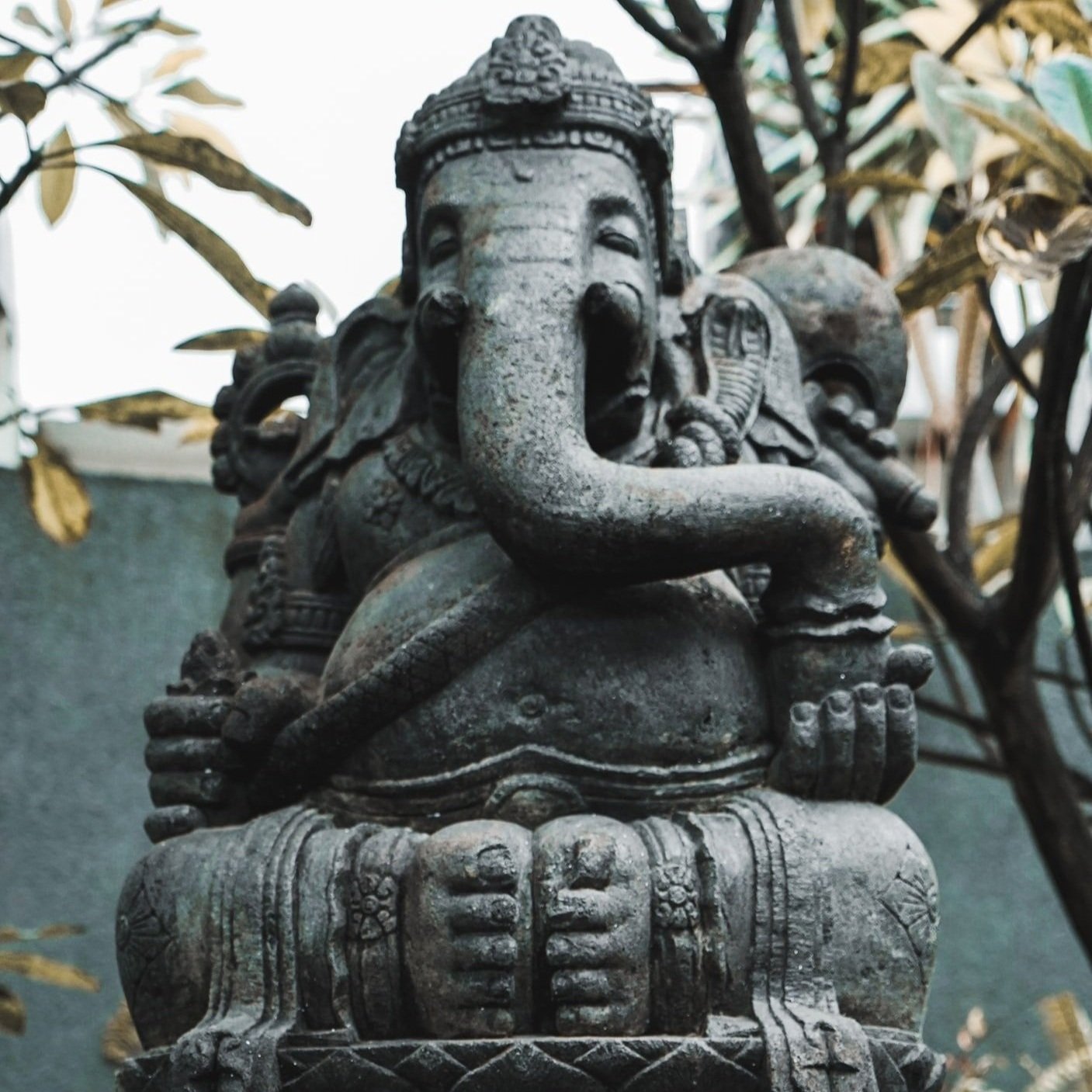MEDITATIONS: TAO TE CHING CHAPTER SEVENTY-FIVE
requiting the bodymind killers
takes too much energy
and starves you for living
a starving bodyminds rebels and acts unruly
knowing it can not easily die
it makes you sick, heavy, and anxious
attempting to grab your attention
entreating you to listen to its cries
a living bodymind asks you to get out of its way
and let it live
—Lao Tzu, Tao Te Ching; An authentic Taoist translation. translated by John Bright-Fey
Who are the bodymind killers? They are:
complicated situations
perverse thinking
dishonest behavior
deceitful people
and the fear of death (Lao-tzu)
Trying to conquer or appease them is a fruitless battle of attrition. You will only bleed yourself of motivation and time. And as you are bled dry, your unconscious self will turn against you—and why not? You, your conscious self, are proving a stupid and ineffectual master. Just as the body signals you with pain, hunger, fatigue, and other feelings, it will try to move and persuade you with myriad impulses, temptations, and intuitions—and not ones you will be glad for. These will be warning signs made in desperation. They will be instinctive drives toward self sabotage and even psychophysiological signs and symptoms of illness. All this just to convince you to stop and to pay attention to your actions and attitudes, your engagements with the bodymind killers.
complicated situations
perverse thinking
dishonest behavior
deceitful people
and the fear of death
These are inevitable aspects of existence. Accept their presence, and then move on with your life. Do not waste precious time and energy trying to remake the world in a better image. You cannot remake the world; you can only reshape your conscious will and sense of self. Trying otherwise will only result in you bleeding yourself dry . . . and becoming part of the problem. Better to set aside such desires—such delusions of grandeur—and to live in accordance with your internal nature.
Lao-tzu. “Chapter Seventy-Five”. Tao Te Ching; An Authentic Taoist Translation, translated by John Bright-Fey, Sweetwater Press, 2014. p.137
